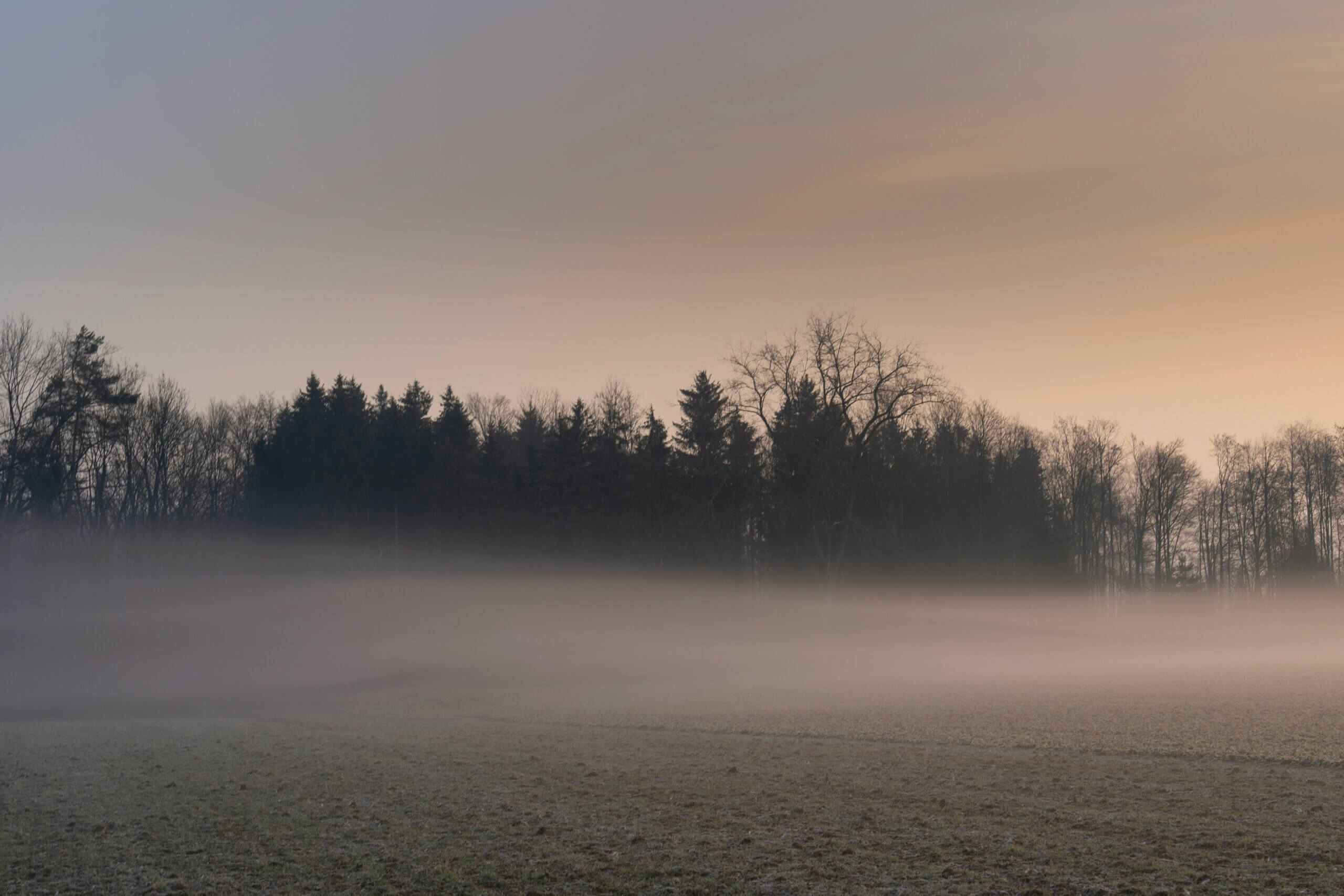Poetry
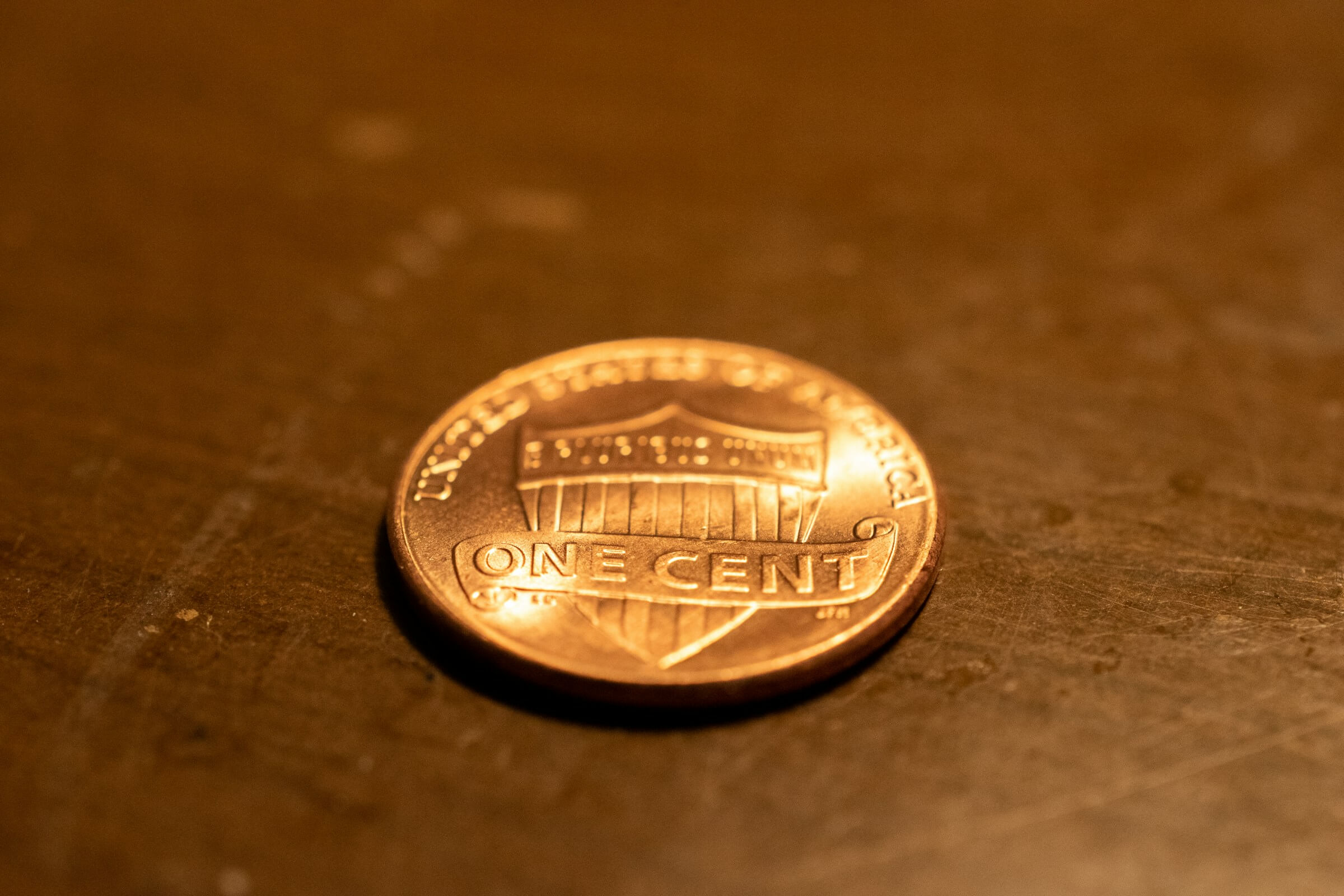
Patrick T. Reardon
“Real name,” “To understand,” and “Glory”
One-Cent wasn’t his real name,
just the name taped on him
by authorities who had their own purpose,
taped on the wood of his forehead
at a slight angle, trueness unimportant.
just the name taped on him
by authorities who had their own purpose,
taped on the wood of his forehead
at a slight angle, trueness unimportant.
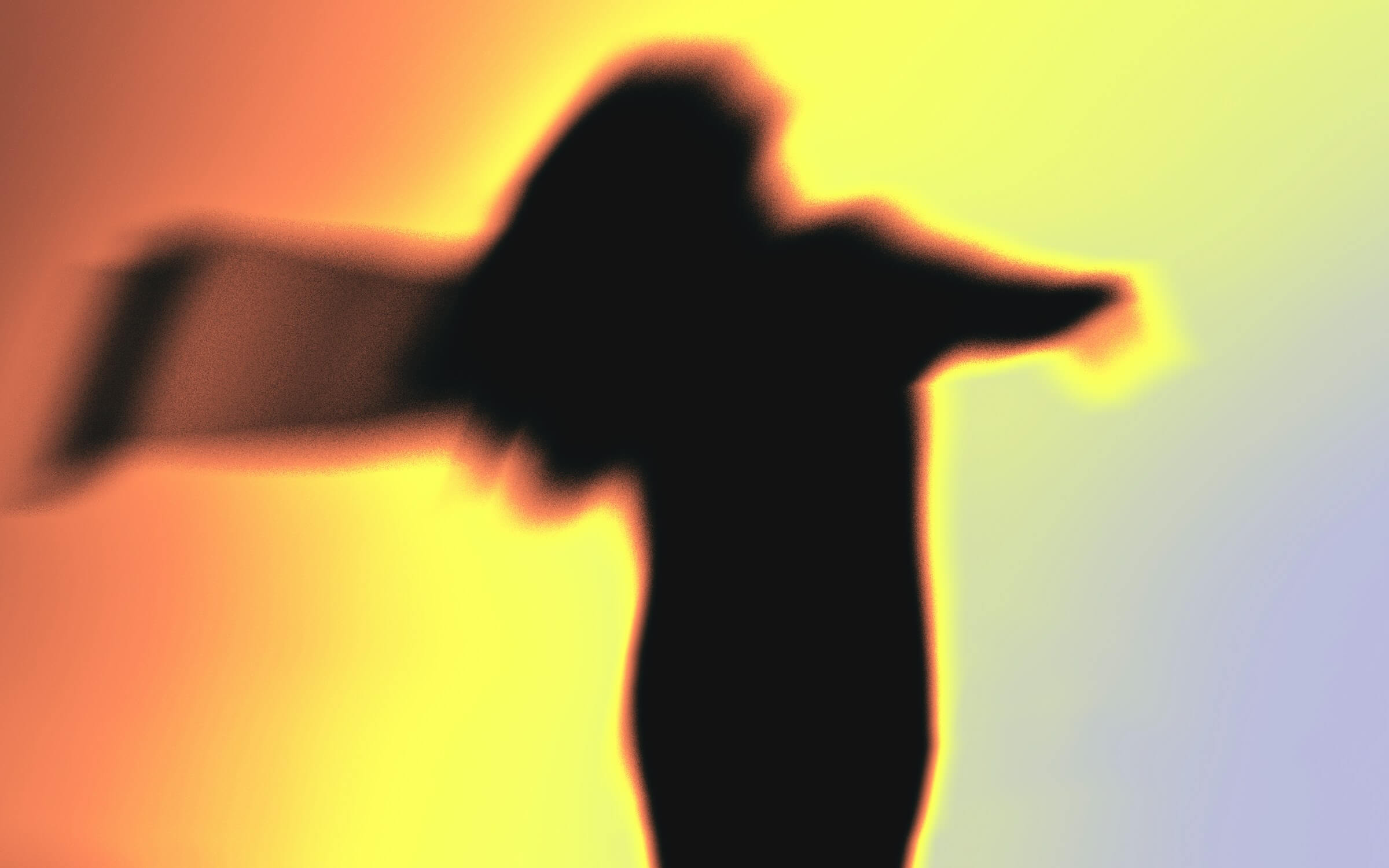
Bridgette James
“Synonyms for an IC3 Female,” “I posed for Egon Schiele on a Gynaecological Ward,” and “Go Back to the Root Word”
I am a catafalque
rising pretentiously
like the pie in Jason’s oven
out of a conflation of a changing self
& a pile of remnants of Nan’s DNA.
rising pretentiously
like the pie in Jason’s oven
out of a conflation of a changing self
& a pile of remnants of Nan’s DNA.

Robert Eugene Rubino
“Georges on My Mind” and “(She Left Him for) A Chevy Suburban”
Quill-feathery high-minded rhetoric declaiming
on life liberty … well … try pursuing happiness
if you’re woman if you’re enslaved or poor
unpropertied or indigenous facing genocide.
on life liberty … well … try pursuing happiness
if you’re woman if you’re enslaved or poor
unpropertied or indigenous facing genocide.
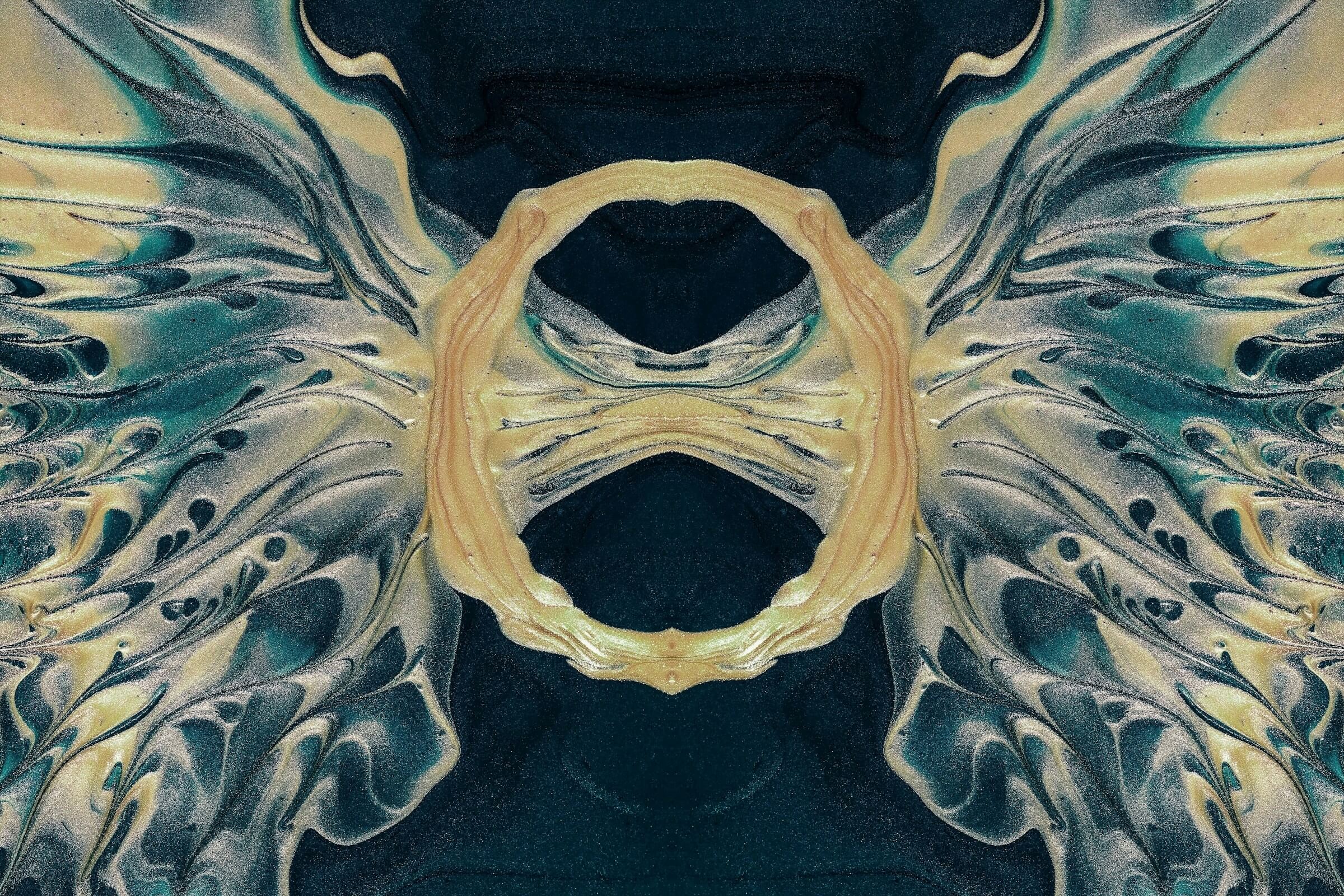
Emily Bilman
“Initiation to Flight,” “Perennity,” and “The Gauzed Interior”
Standing amid the death-censors
“You cannot succumb to Thanatos
all for all”, I said to them to ward off
their collective suicide. Unheard.
“You cannot succumb to Thanatos
all for all”, I said to them to ward off
their collective suicide. Unheard.
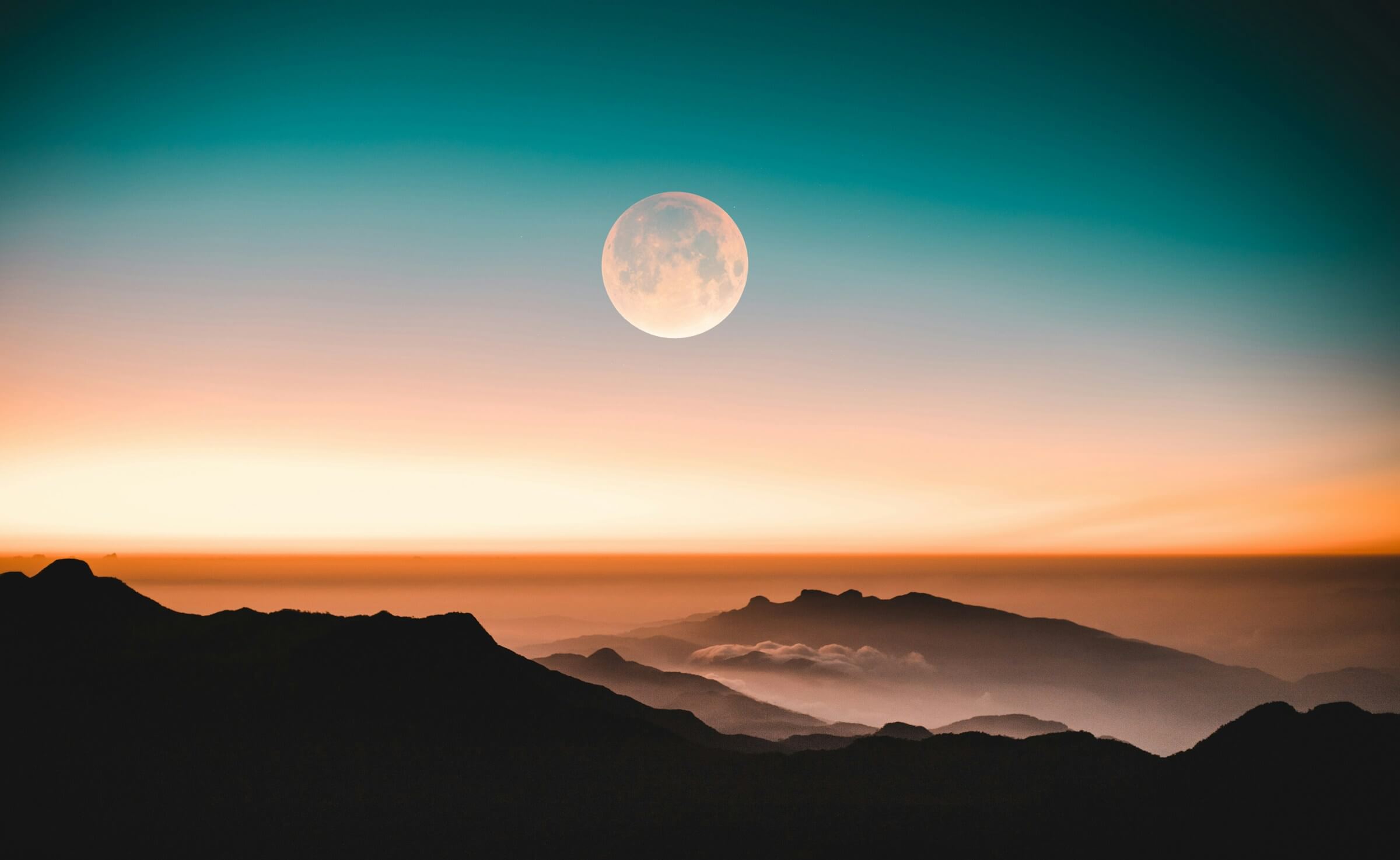
Trapper Markelz
“The Moon Watches Us Come and Go,” “How My Dad Thinks the World Will End,” and “Recipe for Cake”
I’m not one to admire change. I’ve been here
for billions of years and will be for billions more,
and in the time it has taken me to draw a single breath,
you meat puppets went from pissing on the savanna
to whipping past my feldspar plains a dozen times
for billions of years and will be for billions more,
and in the time it has taken me to draw a single breath,
you meat puppets went from pissing on the savanna
to whipping past my feldspar plains a dozen times

Rebecca Palermo
“Firmament,” “Pioneers,” and “Saw-whet”
Contemplating the eye of a loved one,
you have noted the white of the sclera,
Its contrast with the pigment of the iris,
the cast pulling your focus. Encircling
you have noted the white of the sclera,
Its contrast with the pigment of the iris,
the cast pulling your focus. Encircling
Short Story

Trae Stewart
A Mind of Vents
By the third time the thought arrives, I’ve learned its manners.
It doesn’t kick the door in. It doesn’t announce itself with a villain’s laugh. It comes the way a smell comes when someone two apartments down starts frying onions at midnight. A faint, unmistakable curl in the air. A suggestion. A maybe.

Jena Webb
All That is Left is the Air
Rose had always been a profoundly uncurious person. Which is not the same thing as being stupid. Conventional you would say. To be frank, she went into medicine for the money. Yet, the allure of convention also prompted her to become a doctor. Medicine is prescriptive, not only in terms of the prescriptions doled out to the patient, but also in the actions dictated by the medical canon for the physician.

Ian Griffiths
Mr Fallow
I think we all agreed that Mr Fallow was the best and most interesting teacher in the school. That much was clear after only a few months. It wasn’t until Cerys Davies expressed curiosity in his sexuality, however, that he really became a figure of fascination for us all and perhaps for me especially.
He wasn’t from around here, you see.
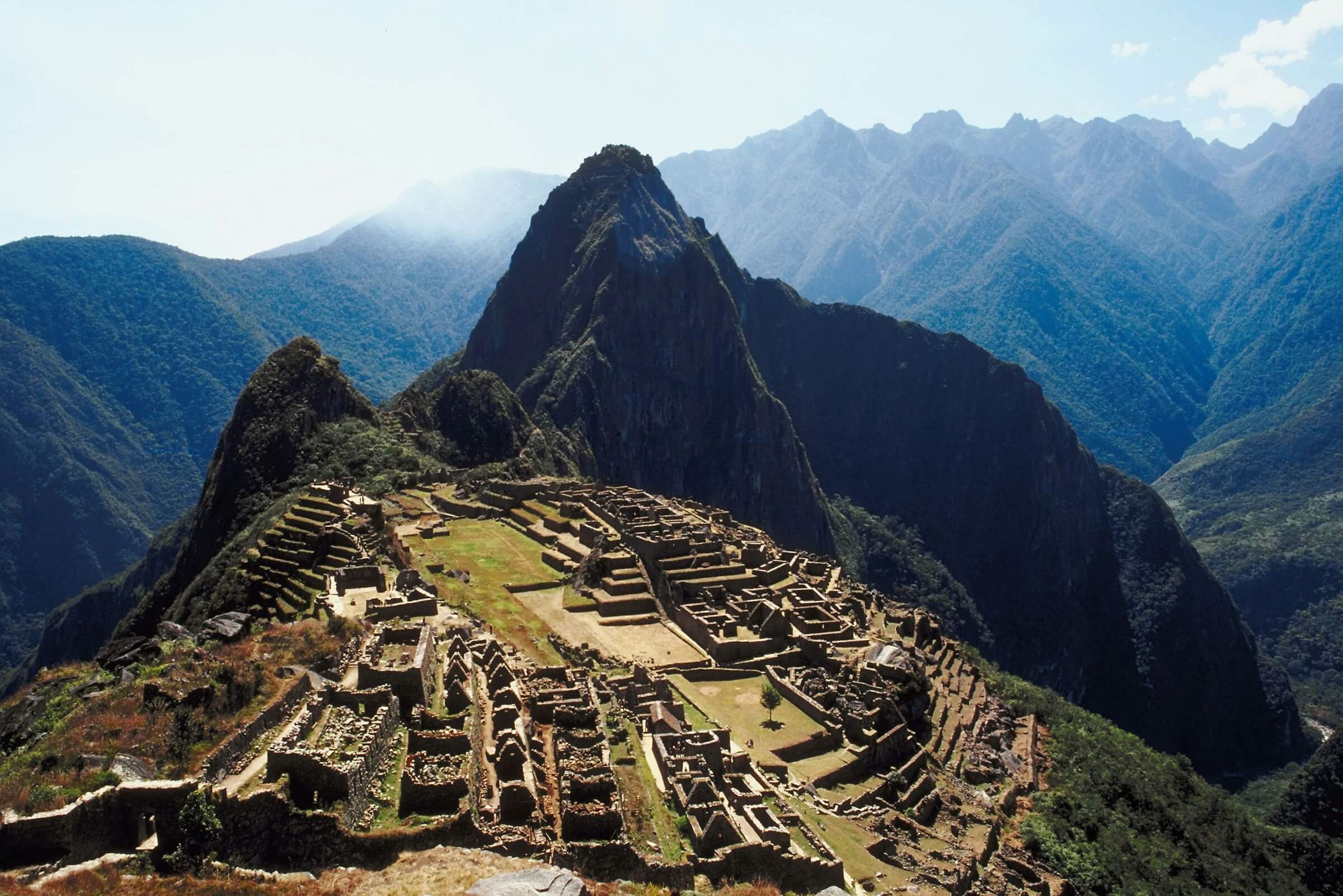
Ben Chavez
The Conquistador
Old Francisco Gutierrez lay in his bed, his stomach heavy and bloated. A white porcelain soup bowl crusted with the remnants of lunch cluttered his nightstand, joined by numerous orange plastic prescription vials, some tipped on their sides with a few crumbled pills inside, as if defeated by the weight of their responsibilities.

Rob Moore
Peak Divinity
Ang Tuin’s temple was large and airy and now painted white, which he hated. All through his second life, there had been wood panelling which had filled the space with a rich scent of beeswax and nutmeg, but the tall men had come to make another one of their changes.
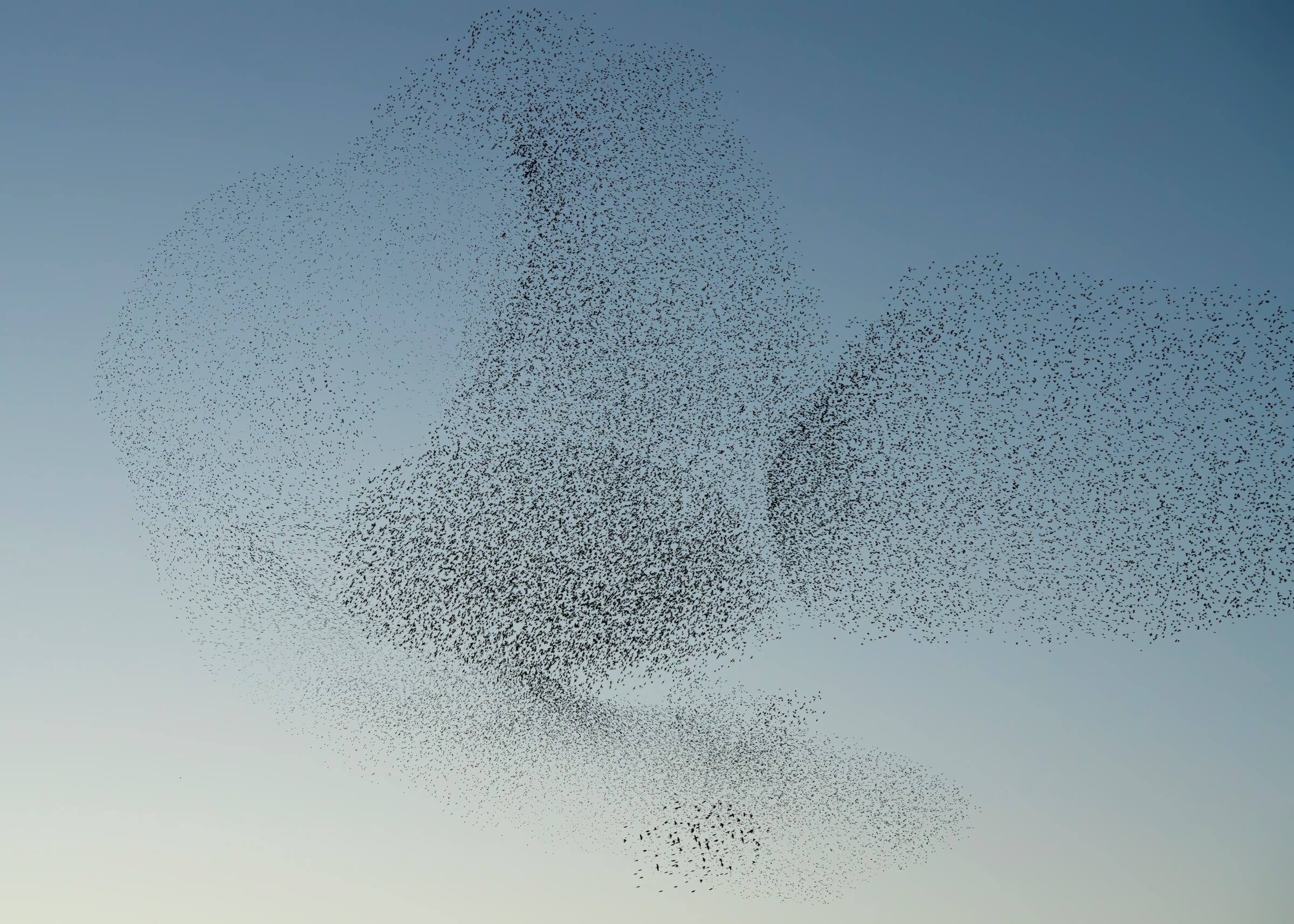
Gary Duehr
Emergency
I am an emergency. My name is Bernie Smith, my colleagues at HR Block used to call me St. Bernard, like the hospital on the South Side, because I was always trying to save someone a few bucks. I still live a couple blocks from the hospital, near where the Dan Ryan Expressway split the old neighborhood in half, in a post-war cottage. It’s nice, white brick, with a long narrow backyard like a bowling alley.
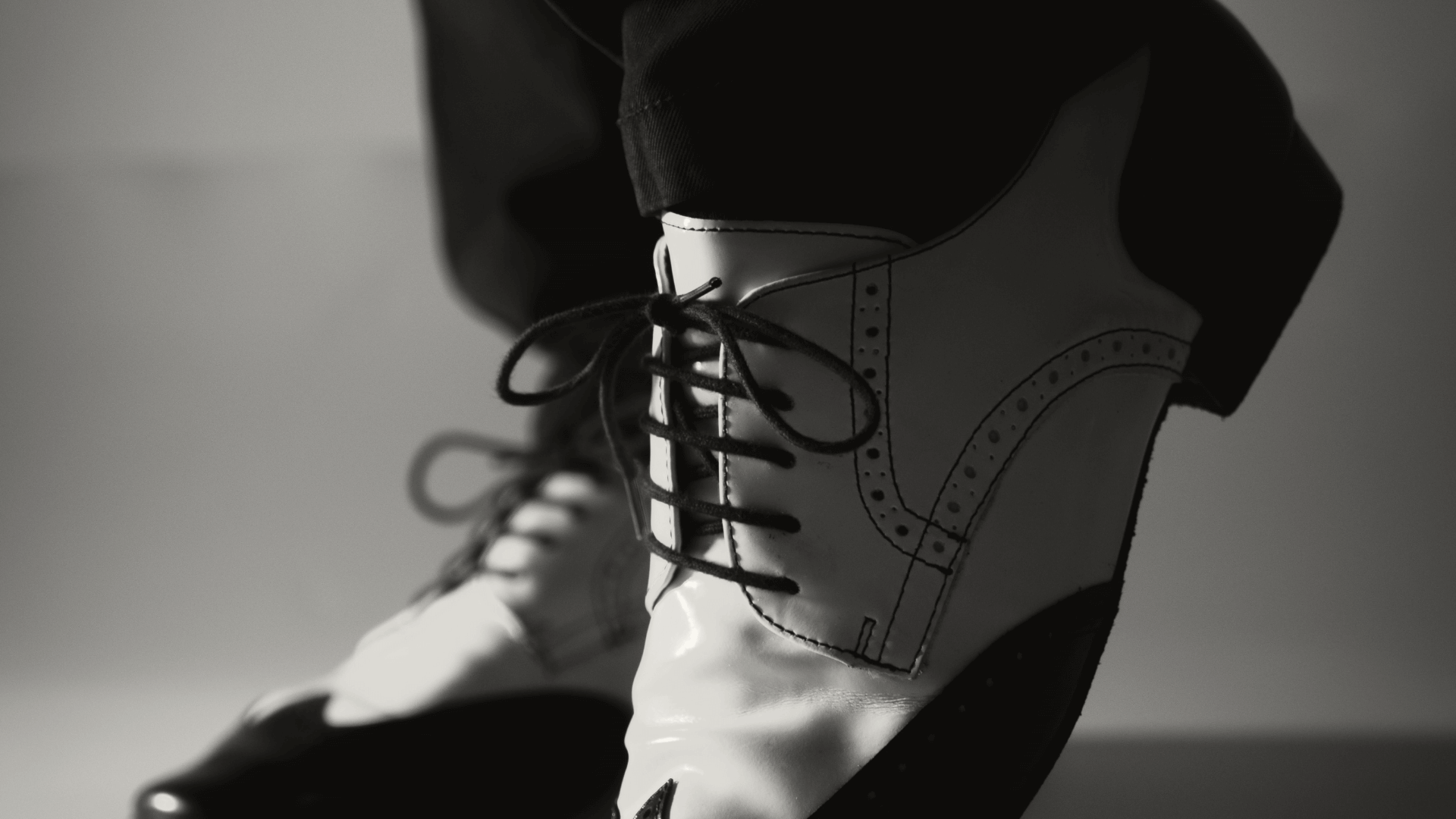
Taylor Bianca
A Eulogy
The bright, green grass was covered in early morning dew drops. They slide down its blades and leave wet spots on my pumps. Rocking my weight on to the heel, and then back to my toes, I focus on how each shift digs the shoes further into the soft ground. I wish I could just take them off, stand even, and feel the earth with my toes.

Juan Scheuren
Masculine Enough
All it took was one presentation to boost the B to an A plus. If it wasn’t for the awkward pauses, Macson would be enjoying the rest of the day. Students walked along the sidewalk under the awning of the film building. Macson sat on the edge of the sidewalk, staring at the drenched parking lot with rain splashing onto the pavement. His eyes were sunk. He ignored the tight knot that beat inside his throat.
Long Short Story
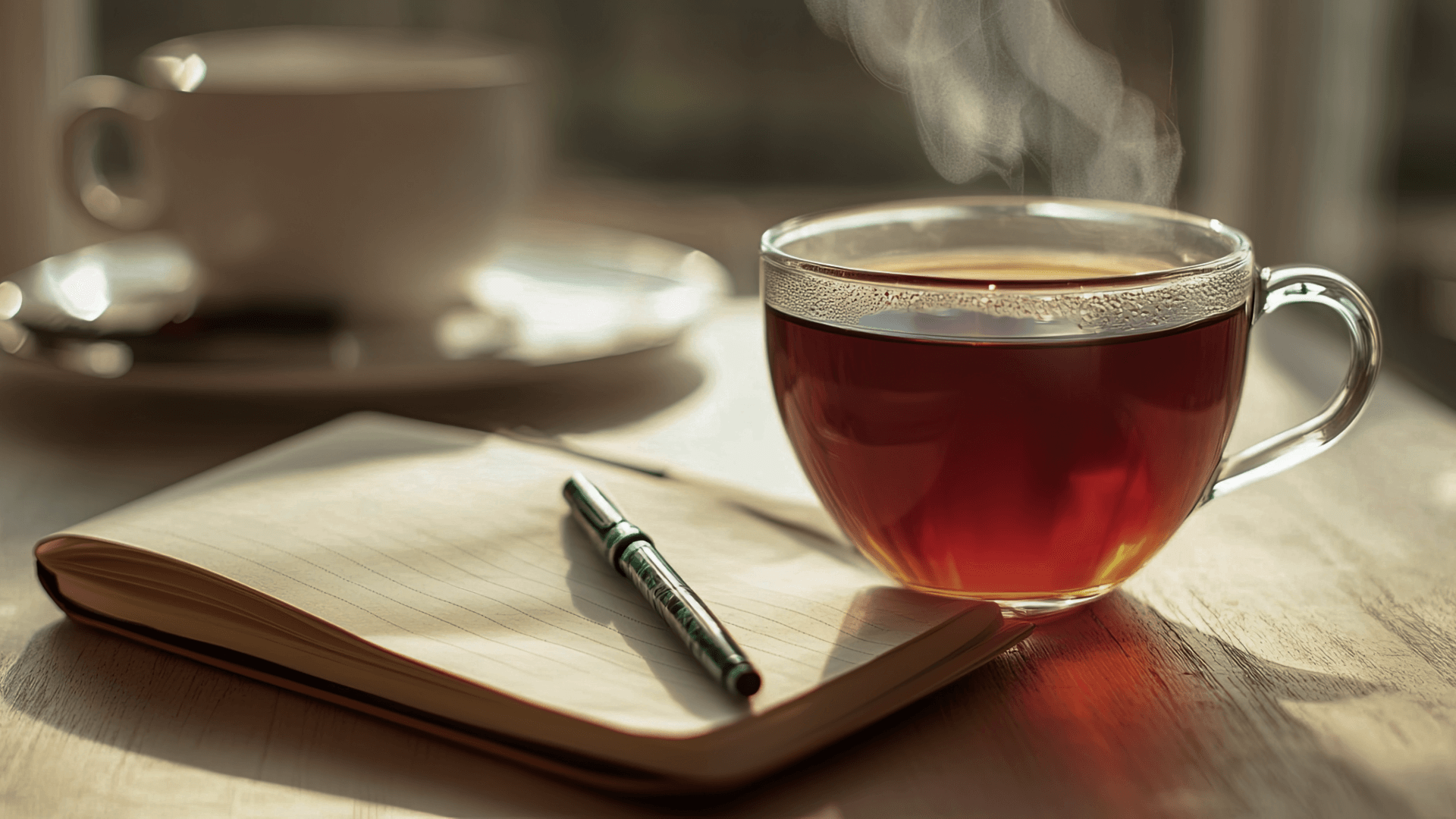
Ayshe Dengtash
The Supermarket
The vast interior of the store hummed around her as she stood where she always stood between the stacked baskets and the queue of people. The soles of her feet pulsed, concentrated at the heels, and it was only when her tummy gurgled, an elongated growl which petered out into a squeak, that she could take her mind off her soreness for a second and focus instead on the incessant murmurs of customers, some discussing whether to buy one brand of biscuit over another, others talking on the phone about things they did not really care about, employees greeting customers and waving them bye-bye, with a backdrop of the supermarket jingles she’d been listening to for the two and a half months.
Creative Nonfiction
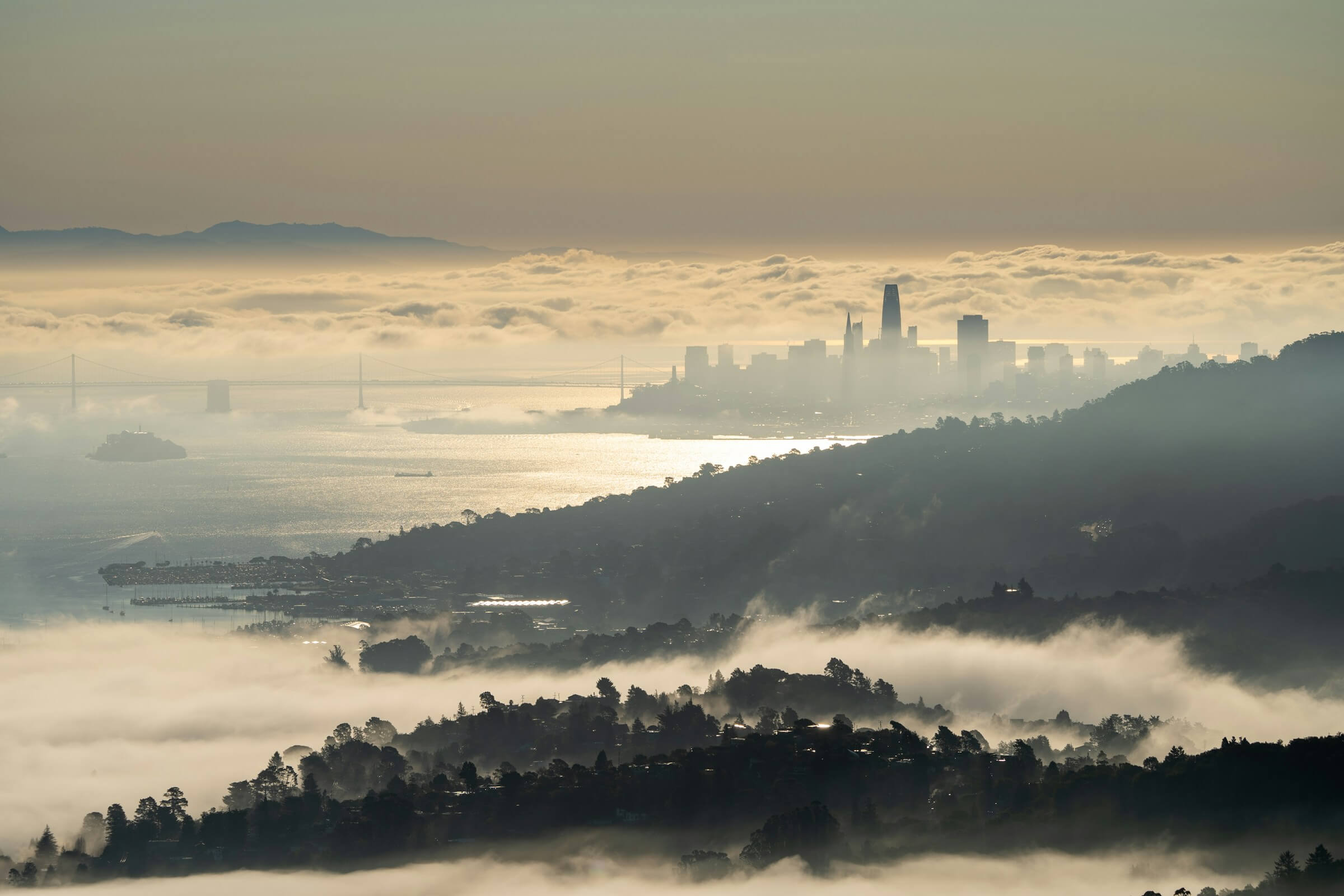
Meena Ramakrishnan
Comparisons
The house we live in is built into the side of a hill where invasive French broom and oleander plants grow wild after it rains. The treetops above the ridge shield the state of the sky, so I look to the west to see what kind of day it will be. Usually visible is Mount Tamalpais, a point so tall it pokes above the thick, opaque fog that rolls in and out like the tide.
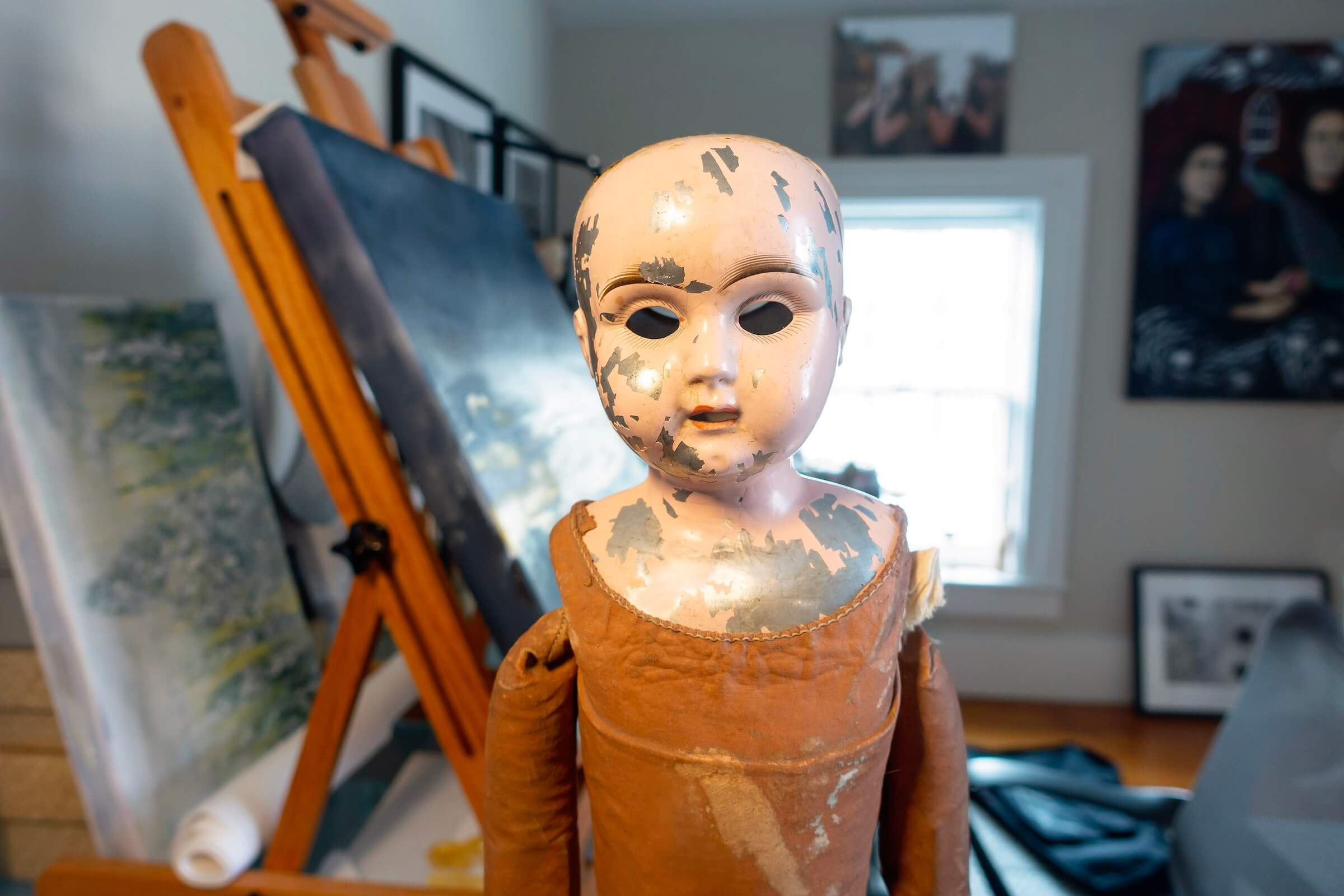
Marianne Dalton
Green Eyes
It’s a chilly Sunday afternoon in late October; I drive past a busy garage sale and pull over to check it out. I navigate the lawn’s clutter, heading straight for the garage. The first thing I notice upon entering is an unusual doll sitting on the edge of a shelf.
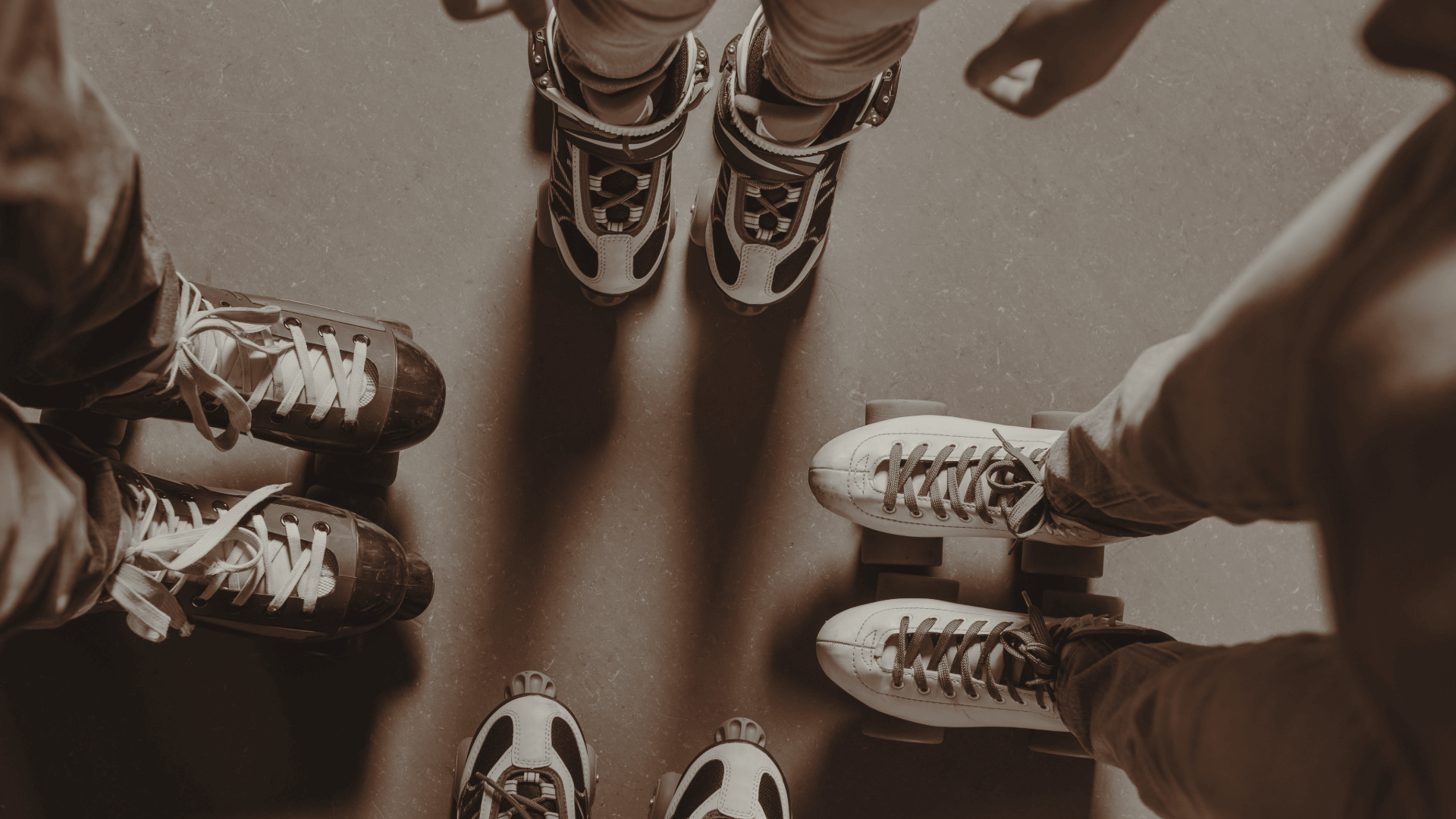
Karen Travis
Good Girl Hood
Good girls can’t lie, but they can’t always tell the truth, either. We must be well behaved but not prudish. Smart, but not boastful. Attuned to others’ without being needy. Strong, but silent. It’s a club I began subscribing to after my parents’ divorce. I joined without anyone telling me I had to, embracing the unwritten code without giving it a second thought.
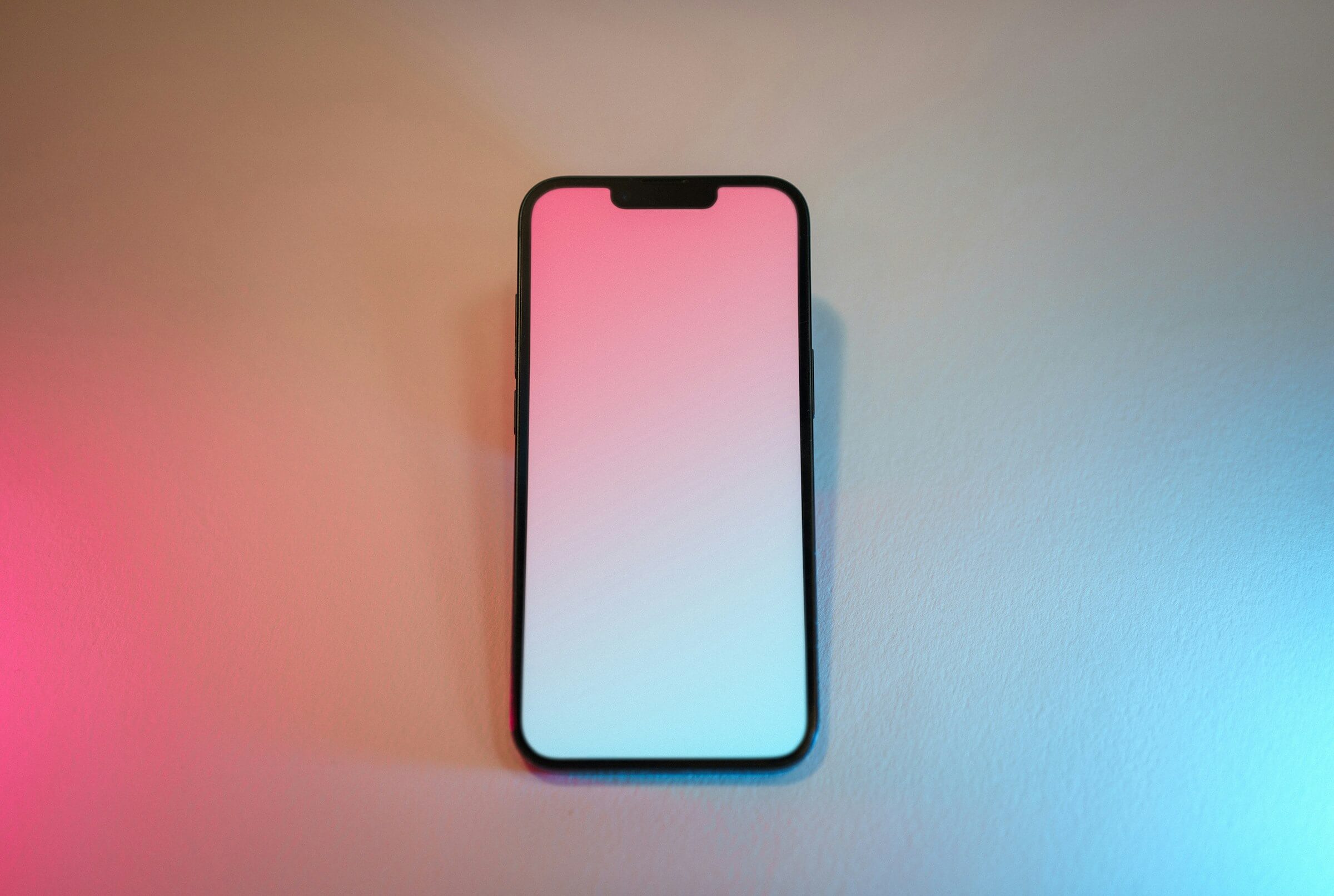
Alexandra Grant
Catfish
Here comes another one. Amelia was scrolling through her social media platforms looking for amusement when an instant message pops up on her screen. She clicked the message, saw that a famous actor was messaging her and asking her to friend him.
Amelia was by now well-versed in how this interaction would go.
Amelia was by now well-versed in how this interaction would go.
